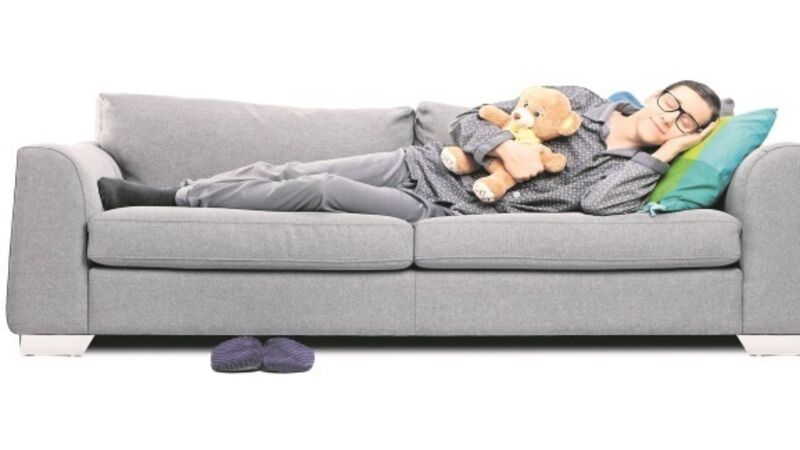The boomerang generation: Kids coming back to the roost

It wasn’t meant to be like this — for parents or their children. But what happens when the kids come back to roost and how can the terms and conditions be negotiated? reports.
The kids were gone but now they’re back. In their absence, you refurbished the empty nest, made one bedroom into a guest room, the other a home office.











